BENEFITS
Lemongrass oil, derived from the lemongrass plant, offers a wide range of benefits and versatile uses. Here are some of the key benefits and uses of lemongrass oil:
1. Aromatherapy and Relaxation: Lemongrass oil is commonly used in aromatherapy due to its calming and soothing effects. Its refreshing citrus scent can help alleviate stress, anxiety, and promote relaxation.
2. Insect Repellent: Lemongrass oil contains citronellal, a natural compound known for its insect-repellent properties. It can be used as a natural alternative to synthetic insect repellents to keep mosquitoes, flies, and other insects at bay.
3. Antimicrobial Properties: Lemongrass oil possesses antimicrobial properties, making it effective against certain types of bacteria and fungi. It can be used to clean and sanitize surfaces, as well as in homemade cleaning products.
4. Pain Relief: The analgesic and anti-inflammatory properties of lemongrass oil make it beneficial for relieving pain and inflammation. It can be used topically to ease muscle aches, joint pain, and headaches.
5. Digestive Support: Lemongrass oil has been traditionally used to aid digestion and relieve digestive issues such as bloating, indigestion, and stomach cramps. Lemongrass has versatile applications as it can be topically applied or diffused for aromatherapeutic purposes.
6. Skin Health: Due to its antiseptic and astringent properties, lemongrass oil is often used in skincare products. It can help reduce acne, control excess oil production, tone the skin, and promote a healthy complexion.
7. Hair Care: Lemongrass oil can be beneficial for hair health. It has been used to treat scalp conditions like dandruff and itchy scalp. It can also help strengthen hair follicles and promote healthier-looking hair.
8. Natural Deodorizer: The refreshing scent of lemongrass oil makes it a great natural deodorizer. It can be used to freshen up rooms, closets, and eliminate unpleasant odors.
9. Culinary Uses: In addition to its therapeutic benefits, lemongrass oil is used in culinary applications to add a citrusy and aromatic flavor to dishes. It is commonly used in Asian cuisines, especially in soups, curries, and stir-fries.
10. Massage and Bathing: Lemongrass oil can be diluted with a carrier oil, such as coconut or jojoba oil, and used for massage to promote relaxation and ease muscle tension. It can also be added to bathwater for a rejuvenating and aromatic bathing experience.
When using lemongrass oil, it’s important to dilute it with a suitable carrier oil before applying it to the skin.
INGREDIENTS
The primary ingredient of lemongrass oil is the essential oil extracted from the lemongrass plant, scientifically known as Cymbopogon. The oil is obtained through a process called steam distillation, which involves extracting the volatile compounds from the leaves or grassy stalks of the lemongrass plant.
The chemical composition of lemongrass oil is complex and consists of various compounds. The main components found in lemongrass oil include:
Citral: This compound is the primary constituent of lemongrass oil and is responsible for its distinct citrusy aroma and flavor. It has antimicrobial and anti-inflammatory properties.
Geraniol: Geraniol contributes to the floral and rose-like scent of lemongrass oil. It possesses antioxidant and anti-inflammatory properties and is commonly used in perfumery.
Limonene: Limonene is a terpene compound found in many citrus fruits. It provides a fresh, citrusy scent to lemongrass oil and has potent antioxidant and anti-inflammatory effects.
Myrcene: Myrcene is a terpene that gives lemongrass oil its earthy and musky undertones. It is known for its calming and sedative properties.
These are just a few of the main components found in lemongrass oil, and there may be other minor compounds present in trace amounts.
It’s important to note that the quality and composition of lemongrass oil can vary depending on factors such as the species of lemongrass, growing conditions, and extraction methods. High-quality lemongrass oil should be obtained from reputable sources to ensure its purity and effectiveness.
When using lemongrass oil, it is essential to follow proper guidelines and dilute it with a suitable carrier oil before applying it to the skin. This helps prevent skin irritation or sensitization. Pregnant women, nursing mothers, and individuals with specific health conditions should consult with a healthcare professional before using lemongrass oil.
Overall, lemongrass oil’s primary ingredient is the essential oil derived from the lemongrass plant, containing various compounds such as citral, geraniol, limonene, and myrcene, which contribute to its aromatic properties and potential therapeutic benefits.
GUIDE
Lemongrass oil can be used in several ways, ranging from aromatherapy to topical application. Here are some common methods for using lemongrass oil:
1. Aromatherapy: Add a few drops of lemongrass oil to a diffuser or aroma lamp filled with water. The diffuser will disperse the oil particles into the air, allowing you to inhale the refreshing aroma and experience its therapeutic benefits.
2. Topical Application: Before applying lemongrass oil topically, it is important to dilute it with a suitable carrier oil such as coconut oil, jojoba oil, or almond oil. Mix 1-2 drops of lemongrass oil with 1 tablespoon of carrier oil and gently massage it into the desired area of the skin. This can be useful for relaxation, muscle relief, or skin care purposes.
3. Massage Oil: Create a massage oil by diluting lemongrass oil with carrier oil. Combine 5-10 drops of lemongrass oil with 1 ounce of carrier oil and use it for a soothing and aromatic massage. This can help promote relaxation, relieve muscle tension, and rejuvenate the senses.
4. Bathing: Add a few drops of lemongrass oil to your bathwater for a revitalizing and aromatic bathing experience. The oil will disperse in the water, creating a refreshing scent and potentially providing relaxation benefits.
5. DIY Skincare Products: Incorporate lemongrass oil into your homemade skincare formulations. It can be added to facial cleansers, toners, lotions, or serums for its cleansing, toning, and skin-rejuvenating properties. Ensure proper dilution and patch test the product on a small area of skin before applying it to larger areas.
6. Natural Insect Repellent: Lemongrass oil can be used as a natural insect repellent. Dilute a few drops of lemongrass oil with a carrier oil and apply it to exposed areas of the skin to help deter mosquitoes and other insects.
7. Culinary Use: Lemongrass oil can be used sparingly in cooking to add a citrusy and aromatic flavor to dishes. However, it is essential to use food-grade lemongrass oil specifically labeled for culinary use and follow the recommended dosage, as it is highly concentrated.
Remember to read the instructions on the bottle of lemongrass oil you have, as different brands or variations may have specific usage recommendations. It’s also advisable to perform a patch test before using lemongrass oil topically to check for any potential skin sensitivities or allergies.
If you have any specific health concerns or are pregnant or nursing, it is recommended to consult with a healthcare professional before using lemongrass oil.
FAQ
Q. Can I Ingest Lemongrass Oil?
A. While lemongrass is commonly used in culinary preparations, ingesting lemongrass oil is not recommended. It is highly concentrated and should only be used externally or inhaled through aromatherapy.
Q.Is lemongrass Oil Safe for Children?
A. Lemongrass oil should be used with caution on children. Always dilute the oil properly and perform a patch test before use. Consult a pediatrician before using it on infants or young children.
Q. Can Lemongrass Oil Help with Anxiety?
A. Lemongrass oil’s uplifting scent can have a calming effect and help reduce anxiety. However, if you have a specific anxiety condition, it is best to consult a healthcare professional for personalized advice.
Q. How long, Does Lemongrass Oil Last?
A. The shelf life of lemongrass oil varies depending on its quality and storage conditions. Generally, it can last for around one to two years when stored in a cool, dark place.
Conclusion
Lemongrass oil is a versatile essential oil with a refreshing aroma and a wide range of benefits. Whether you are looking to enhance your well-being, improve your skincare routine, or create a soothing ambiance, lemongrass oil can be a valuable addition to your collection of essential oils. Remember to use it safely, dilute it properly, and enjoy the uplifting and therapeutic properties it offers.


 ORANGE OIL (BRAZIL)-10 ML
ORANGE OIL (BRAZIL)-10 ML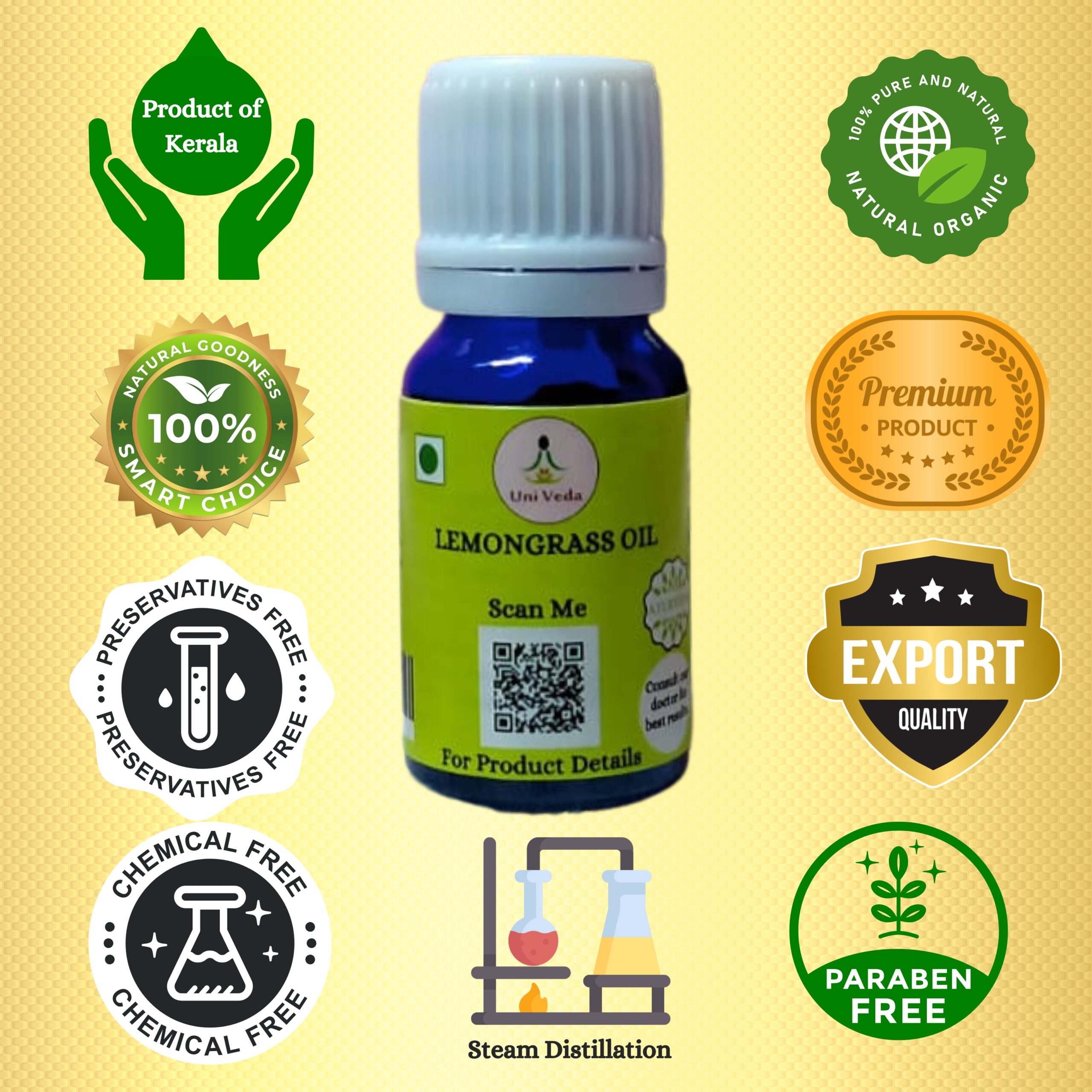

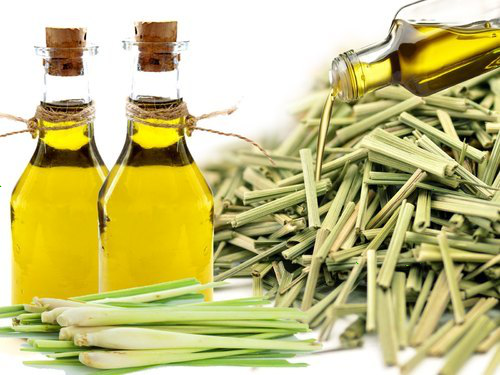
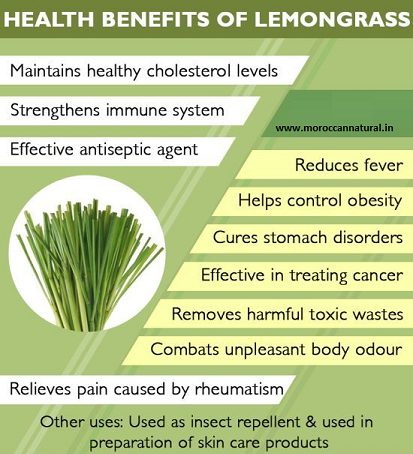
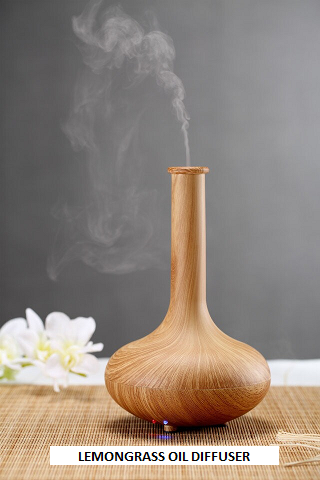
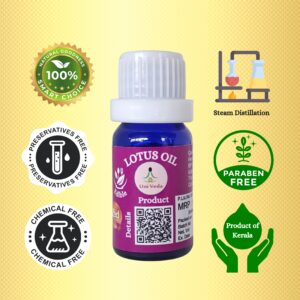
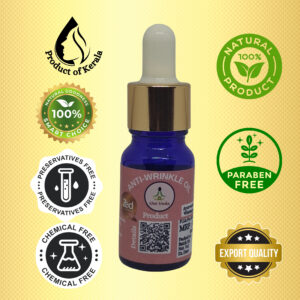
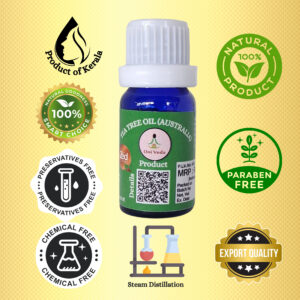
Reviews
There are no reviews yet.